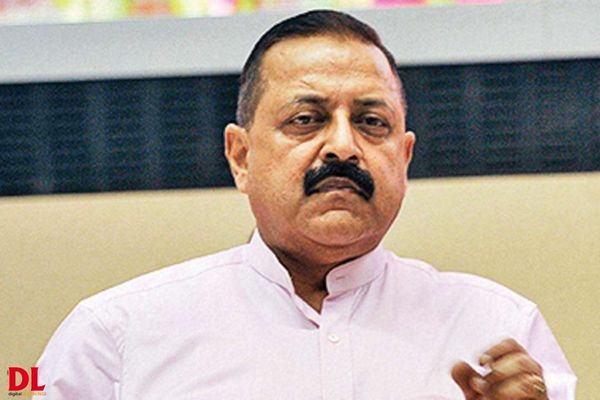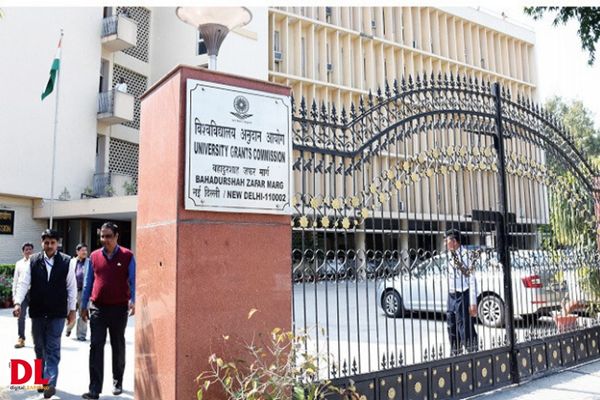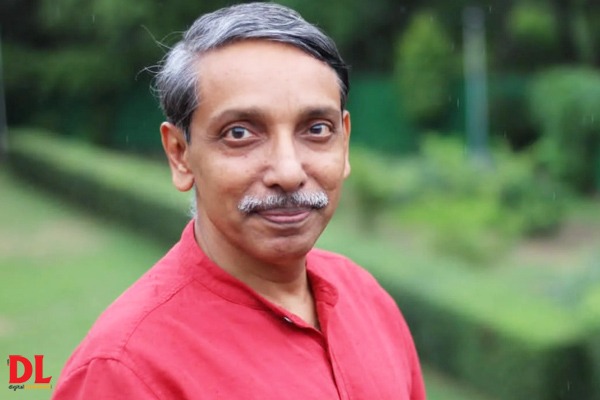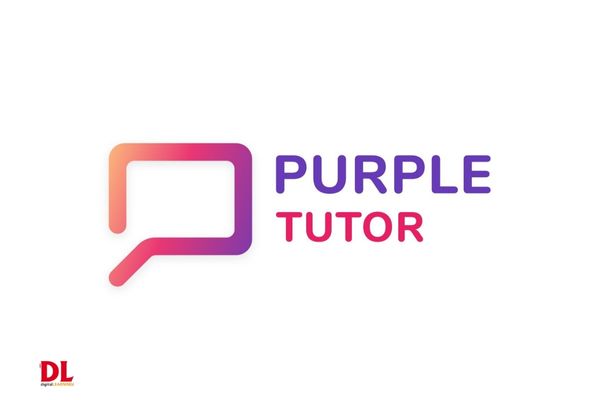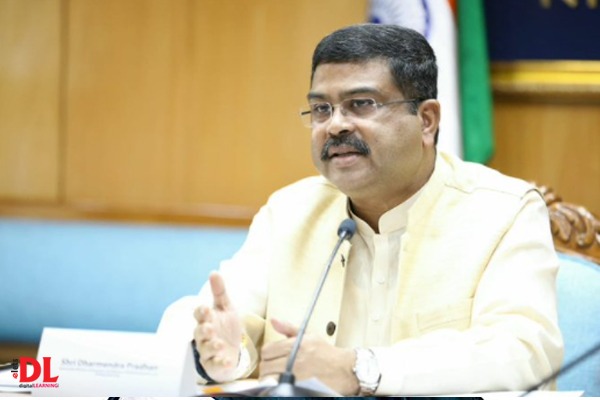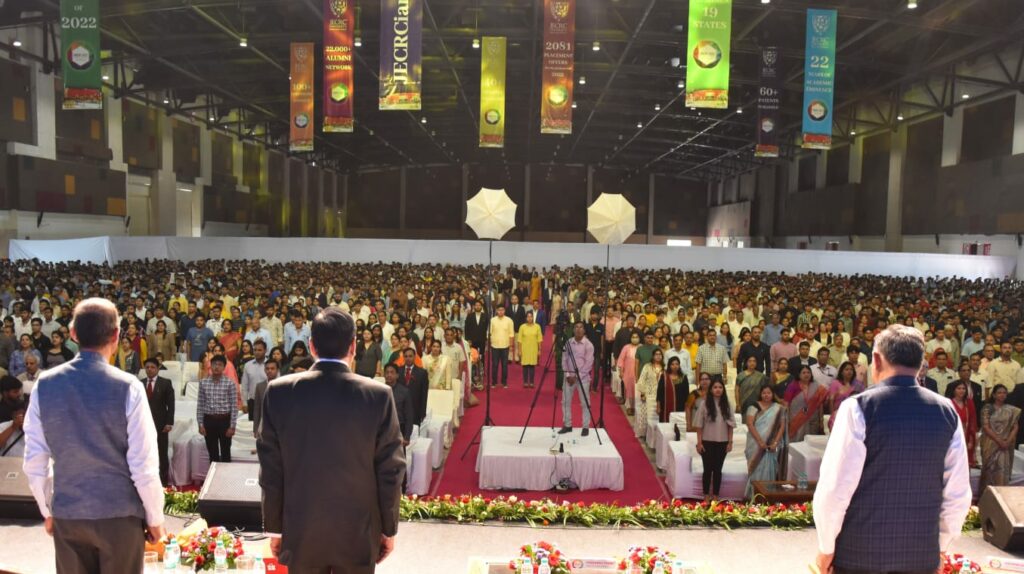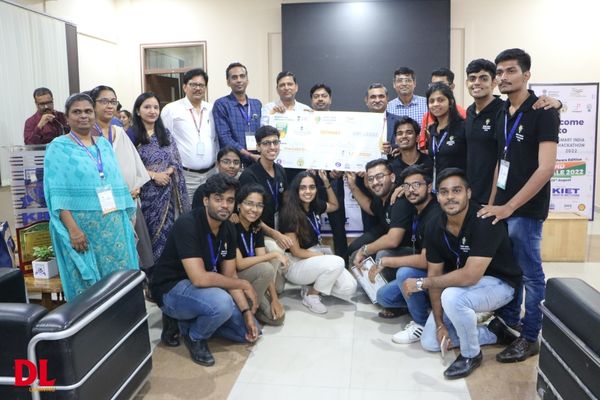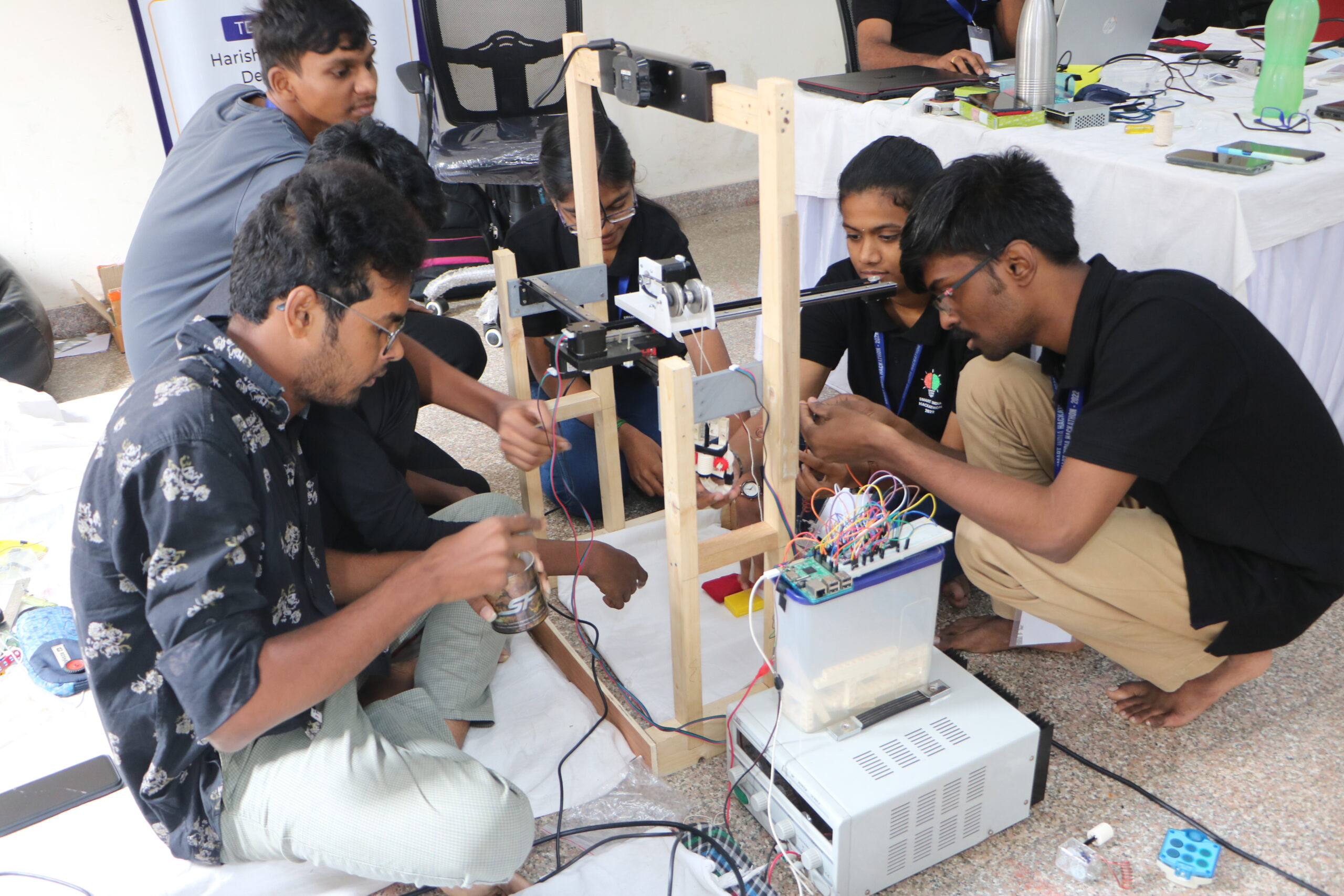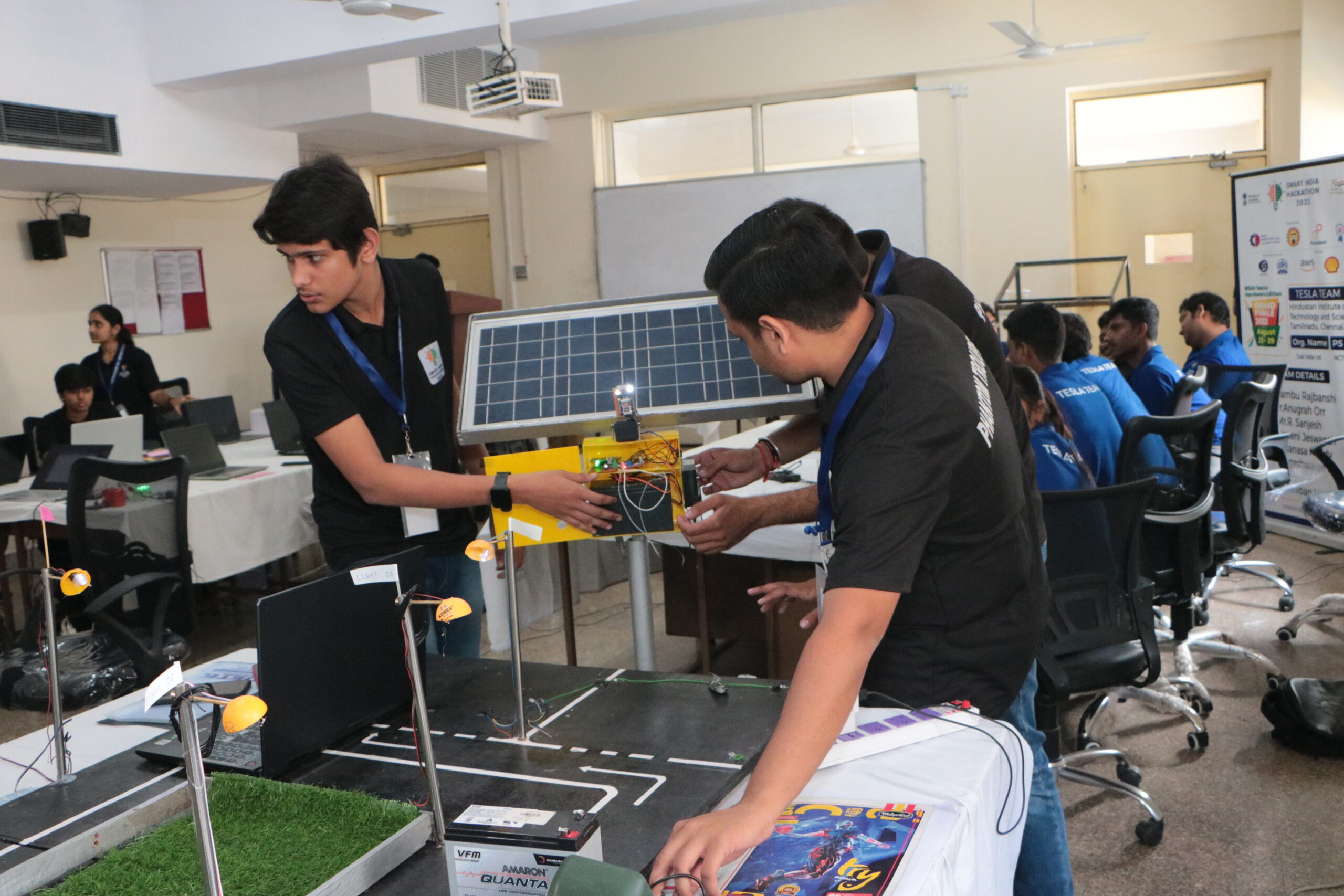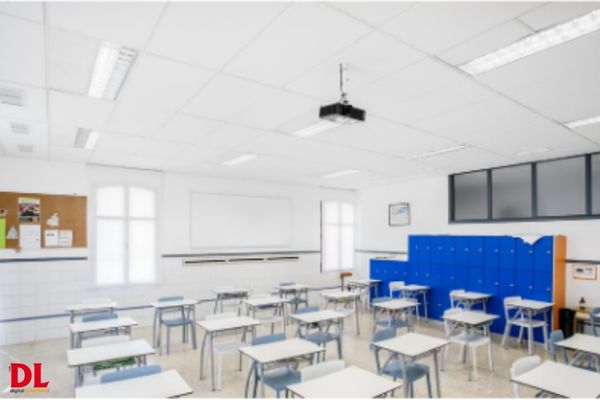Union minister Jitendra Singh said on Friday, The National Education Policy (NEP), 2020, will reorient India’s education policy as per global benchmarks.
“NEP was the biggest path-breaking reform in India since independence as it is not only progressive and visionary but is also in keeping with emerging needs and requirements of 21st century India”, addressing the PHDCCI Education Summit, 2022, Singh said.
The minister said NEP 2020 gives due priorities to the inherent talent, knowledge, skill and aptitude of students, rather than focusing only on degrees. He added that it also gives young scholars and students enough room to decide on their options depending upon their aptitude and their personal circumstances from time to time.
Regarding the benefits of NEP 2020, Singh argued that the availability of multiple entry/exit options should be cherished because this academic flexibility will benefit students by enabling them to take advantage of various career opportunities at various points in time, depending on their innate learning and aptitude.
The policy advocates a creative and multidisciplinary curriculum that includes humanities, languages, culture, sports and fitness, health and well-being, arts and crafts, in addition to science and mathematics, said the minister.
Around 40 million Indians are pursuing higher education, more than the figure for the US and the European Union combined and the ambitious new education policy seeks to double that number. He said it was a big goal, but achievable.
One of the most commendable opportunities that stem from the NEP is the chance for universities and colleges to incorporate entrepreneurship into their curriculum. If this is done in a meaningful manner, it has the potential to provide impetus to the nation’s economy in a fairly short period of time, he further added.
As per the report, 2,000 institutions in higher education are set to begin as skill hubs and of this 700 have registered on the common portal of the ministry of skill development and entrepreneurship.
He said the NEP was launched to transform India’s education system through a multidisciplinary approach. With the National Education Policy completing two years on 29 July 2022, 2,774 Innovative Councils in Higher Education Institutions (HEIs) in 28 states and six union territories (UTs) have been established, as per an internal progress report by the ministry of education.







